Since President Donald Trump started a global trade war last week, the Republicans who run the United States Congress have been reduced to playing the same role as stock traders: hoping Trump is only using the tariffs to negotiate, hanging on every suggestion by the president and his less hawkish advisers that that’s the case and mostly just guessing and waiting about his intentions for fear of going out on a limb Trump may saw off at any moment.
Although this comparison may be slightly unfair — to the traders.
At least Wall Street is looking for the bottom, lunging to buy at any sign that Trump won’t pursue a permanent tariff regime. That’s what happened Wednesday when the president ratcheted up duties on China but lessened tariffs to 10 percent for all other countries, bestowing a 90-day liberation from Liberation Day.
By contrast, there’s been a pervasive passiveness among top GOP lawmakers, as though they lack agency and don’t represent a co-equal branch that has a say in trade policy.
As markets swooned along with Trump’s approval rating on the economy, the response from many congressional Republicans hasn’t just been deference but detachment, like they’re doing color commentary up in the booth.
Addressing reporters in the Capitol Tuesday, Senate Majority Leader John Thune only glancingly touched on his own opposition — “everybody kind of knows my views on tariffs” — before turning to punditry by arguing that Trump ran on tariffs, talked about them at rallies and won the election.
Never mind for a moment that Trump himself has repeatedly acknowledged that he prevailed because of the high cost of “groceries,” as he puts it. The Republican lawmakers in both chambers of Congress were also elected by voters, and few of them ran on tariffs.
More striking was Thune’s uncertainty. Here was a farm state lawmaker, his constituents whipsawed for days, just hoping for the best.
“We hope that the president is successful and if he is, and he gets some reciprocity from other countries around the world, you know, this may all be temporary,” Thune said, adding: “Obviously, we're all paying attention.”
At best, it amounts to a strategy of wishcasting: hoping the president will embrace his penchant for deal-making, rather than his long-held tariff fixation, and playing the usual manipulation games with Trump to steer him to a preferred outcome and away from tantrum posing as policy.
In the fashion of a parent praising a toddler about what a big boy he is in hopes he won’t melt down and ruin dinner, or in this case the world economy, congressional Republicans are flattering Trump for quickly luring so many nations to negotiate better trade agreements.
The talking point of the week across the Capitol has been for Republicans to cite with awe the growing queue of countries waiting outside the West Wing, hat in hand. I heard the reference no less than a half-dozen times in speaking separately with lawmakers this week, as though Washington was welcoming the great diplomatic spring fly-in of 2025.
Hint hint: take yes for an answer, Mr. President.
Asked if the tariffs were all part of an opening negotiating bid or a protectionist policy that here’s to stay, Speaker Mike Johnson touched lightly on an answer, not wanting to step on that limb, before listing the tally.
“Well, I think it remains to be seen,” Johnson told me, “but I was just with the president at the White House, there may be more than 70 countries now that are in the process of making much more fair trade agreements with us and we’ll see how that goes.”
Okay, so should he declare victory after getting a series of new, big, beautiful trade deals, I asked?
“Well, it’s for the president to determine when the victory is declared,” Johnson said, adding that the fly-in was a “very positive development.”
Yes, but what is your preference?
“I think long-term the best thing for the country is to have actual free trade agreements, and we haven’t had that for a long time, and that’s why I think this is long overdue and much welcome,” he concluded, echoing Trump’s line of thinking.
Steve Scalise, Johnson’s fellow Louisianan and the House Majority Leader, didn’t even let me finish my is-this-negotiation-or-set-policy question before interrupting and invoking the deals on offer.
“You’re seeing that already, you’re seeing over 60 countries that want to negotiate better deals because they’ve been treating us unfairly for a long time,” said Scalise.
Across the Capitol, the second-ranking GOP senator, John Barrasso of Wyoming, said much the same but did not invoke the Trumpian round-number estimate of countries “kissing my ass,” as the president put it Tuesday.
“I’m encouraged by what the Secretary of the Treasury told us last week, which the president continues to talk about, which is the number of countries wanting to have discussions,” Barrasso told me.
Not coincidentally, that was the fig leaf Trump himself used Wednesday afternoon when, after days of market panic, he announced the drop to 10 percent levies for all countries besides China.
By then, he had increased the number of nations who were suing for peace: “more than 75 countries,” Trump said in a Truth Social post announcing peace in our time, or at least 90 days.
For now, at least, Treasury Secretary Scott Bessent, whose steady hints about prospects for negotiations kept hope alive, appears to have won the day (well, along with an equities revolt, including a bond sell-off which Trump noticed, that was on the verge of tipping into a full-fledged financial crisis).
In Scott We Trust has become the de facto credo for the free trade wing of the Republican Party, previously known as just the Republican Party.
Of course, this means warning about, ignoring or disappearing the other economic adviser in Trump’s ear, Peter Navarro, who said the new trade barriers are here to stay.
After Sen. Markwayne Mullin (R-Okla.) reminded me that some 70 countries have said they want to “work something out with Trump,” he said the tariffs would be lifted for those nations willing to reach an accord. “That’s the whole point,” Mullin insisted.
Well, what about Navarro’s plain-as-day comments that creating a post-globalization trading regime is actually the whole point?
“Yeah, but there’s been some opinions about him,” Mullin said, menacingly, of Navarro.
Blaming an adviser to avoid faulting Trump is, of course, an old standby for Republicans, one that was also trotted out by conservatives and moderates alike with Ronald Reagan to spare the Gipper. Never mind the implied condescension or the fact that Trump’s view of tariffs, the prettiest word in the English language he has said, has been the one consistent throughline of the president’s public life.
But better to avert one’s gaze from that, his cleanest break from Republican orthodoxy. Which is why, not incidentally, this is all so agonizing for traditional conservatives. It’s one thing to field panicked calls from donors, home-state trade groups and regular constituents about market upheaval, but it’s even more painful when you can’t defend a policy based on a cocktail napkin formula.
No, they’re not doing much about it just yet, but this is why you’ve seen one-time Trump foes turned enthusiasts return to a modicum of criticism. Opening a trade war with tariffs on allies and adversaries alike offends libertarian-leaning conservatives like Senator Rand Paul (R-Ky.) and movement conservative types such as Ted Cruz (R-Tex.), just to name two 2016 candidates who may want to run for the White House again.
Give Cruz credit, though, for invoking and then going beyond the 60-countries-are-begging-like-dogs talking point and directly appealing to Trump about the “fork in the road,” as the senator called it.
Sounding as though he was yelling at the TV while watching Regis Philbin’s old game show, Cruz used a joint appearance of GOP senators on Sean Hannity’s Fox program Tuesday night to urge Trump to “take the deal.”
Cruz allowed that wasn’t the only option, warning that there “are voices in the administration that rather than take a deal are saying we want to have tariffs as a long-term permanent feature of the economy.” That, he said, “would be a mistake.”
Cruz was saying publicly what his colleagues have been fretting about in private since Trump returned to power. Over a month ago, a former House Republican visiting old colleagues told me afterwards that even some of the loudest Trump enthusiasts were feeling a sense of urgency about moving the tax bill because they wanted to get it done in time to prevent or alleviate a tariff-created recession.
That legislation, though, is facing complications before it is even written, as House and Senate Republicans attempt to placate factions in their narrow majorities. Even after Trump hauled a group of House GOP holdouts to the White House Tuesday there were still some holdouts on the budget resolution vote that’s the blueprint for the tax measure.
And that, along with market meltdown, may be why Trump declared a temporary truce in his self-made trade war.
Since starting his second term, Trump has demonstrated his total grip on the GOP, determining policy, whipping every vote and turning every bill and cabinet confirmation into an effective up-or-down verdict on himself. His across-the-board popularity in the party has allowed him to do that.
But any slippage, any reminder of his lame duck status, could lessen Trump’s clout. If congressional Republicans don’t fear him ending their careers in a primary, Trump loses his most powerful asset when he asks for their votes.
And by Wednesday, shortly before the president offered the tariff reprieve, one senior congressional aide was whispering that even the threat of a Trump-induced recession risked draining his political capital and therefore lessening “his stroke” when it comes to pushing GOP lawmakers to pass the one big, beautiful bill that amounts to the whole of the president’s legislative agenda.
However, after holding the vote open for over an hour Wednesday night, House Republicans determined they couldn’t flip enough holdouts to pass the budget measure and pulled the bill. For the moment, at least, Trump’s pleas were insufficient.
.png)






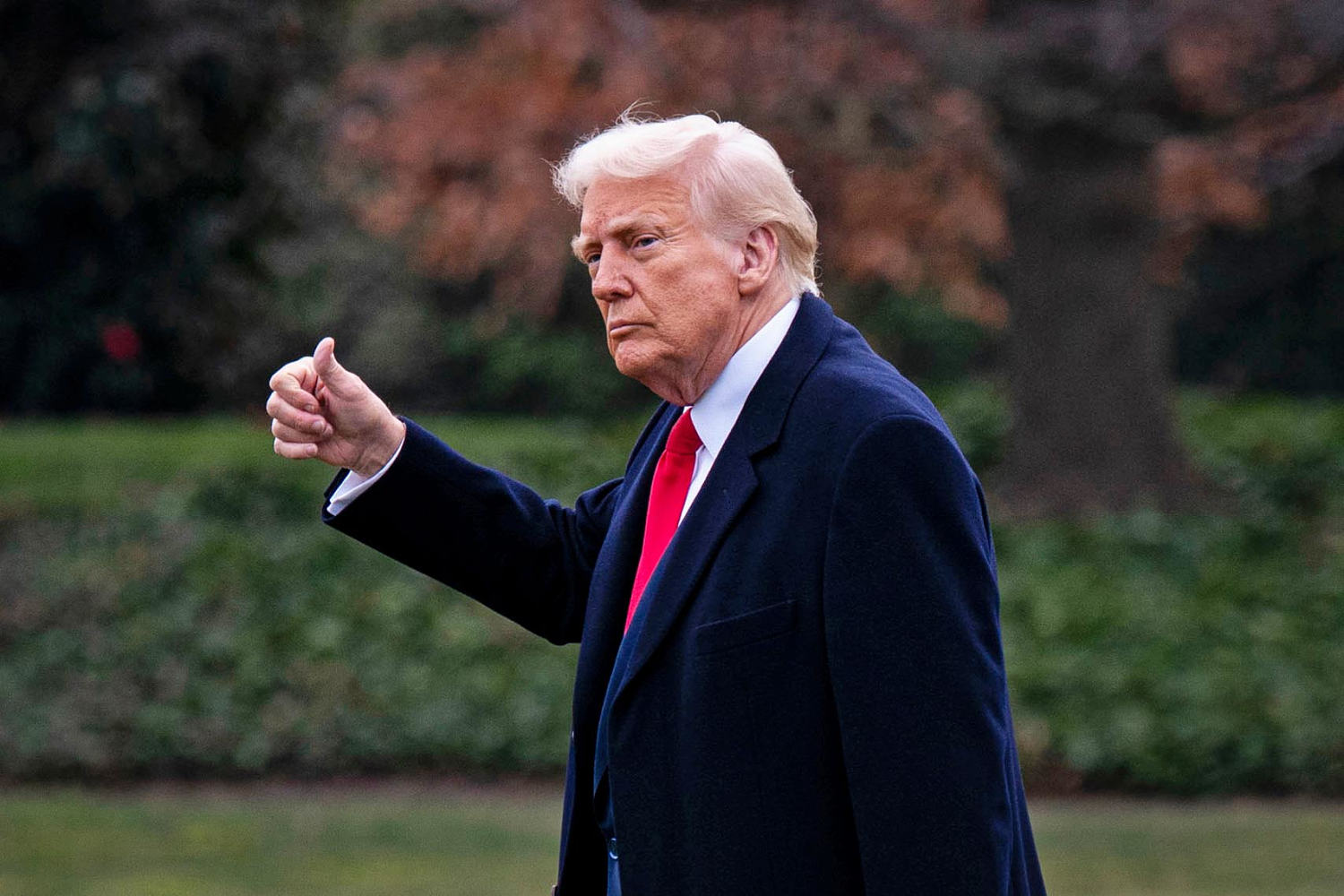
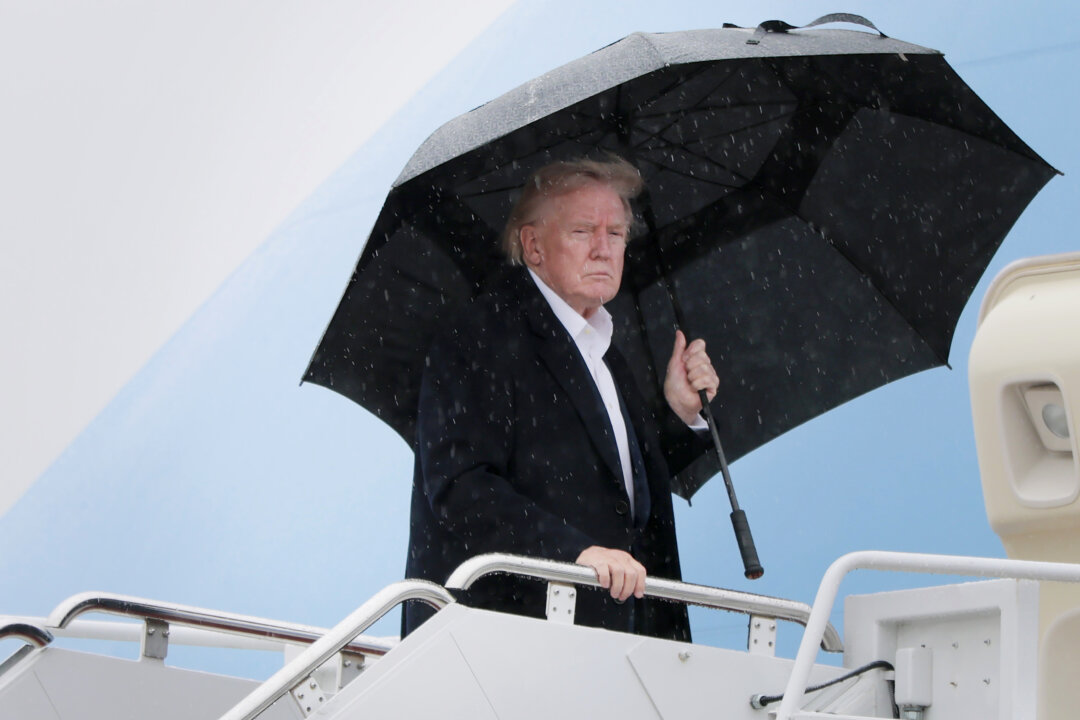

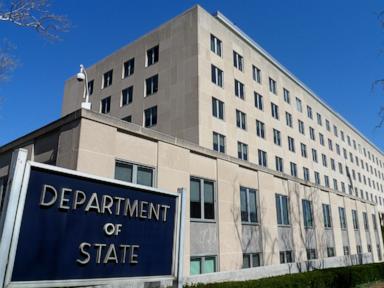


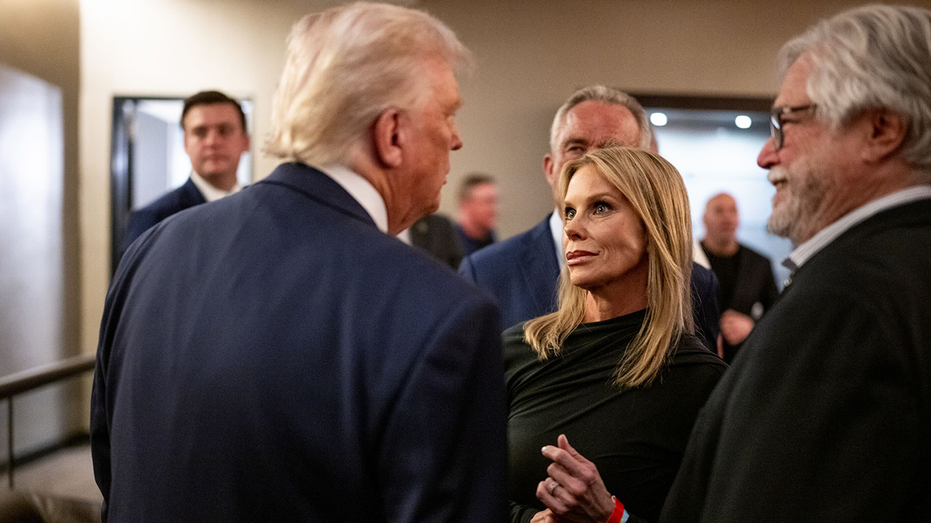
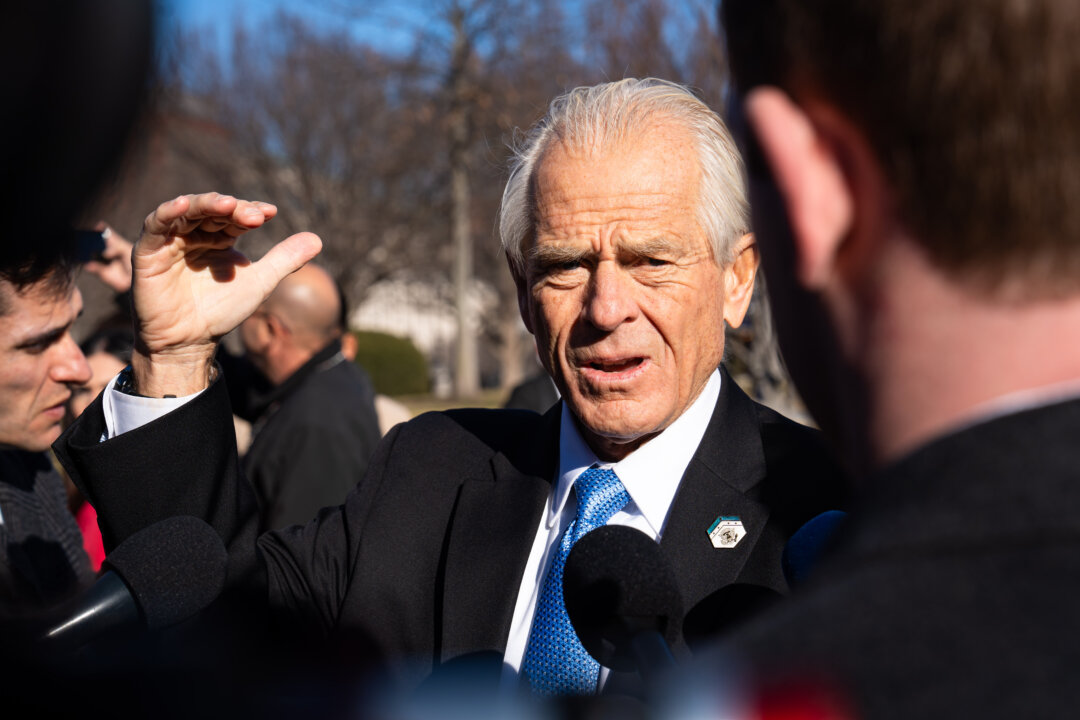

 English (US)
English (US)